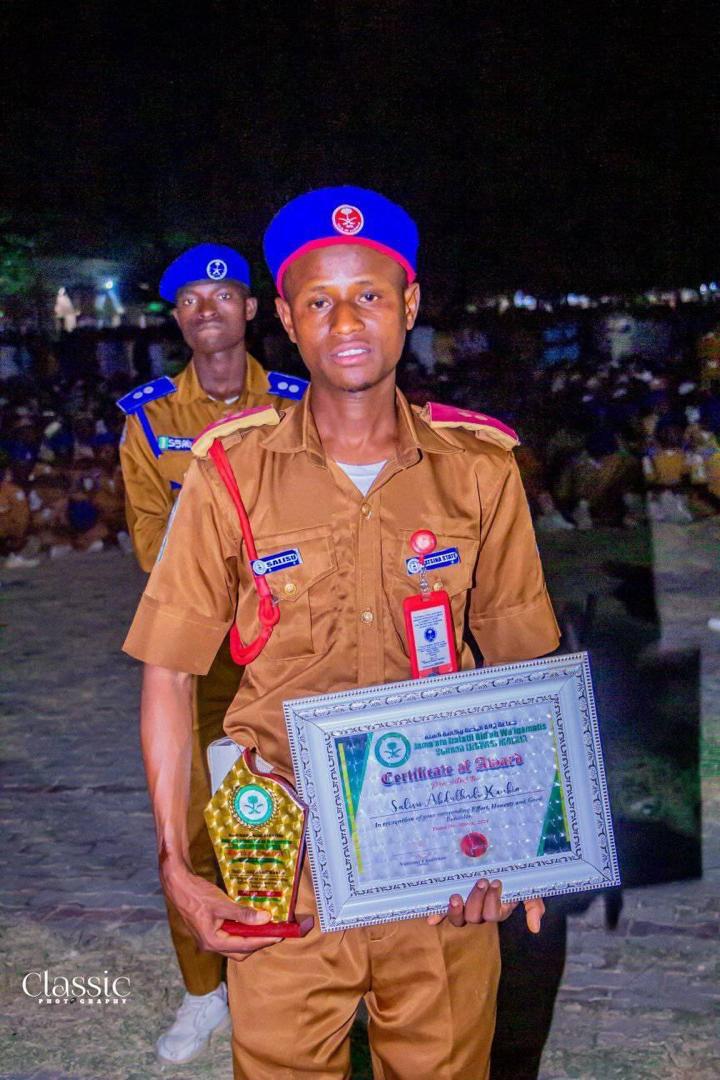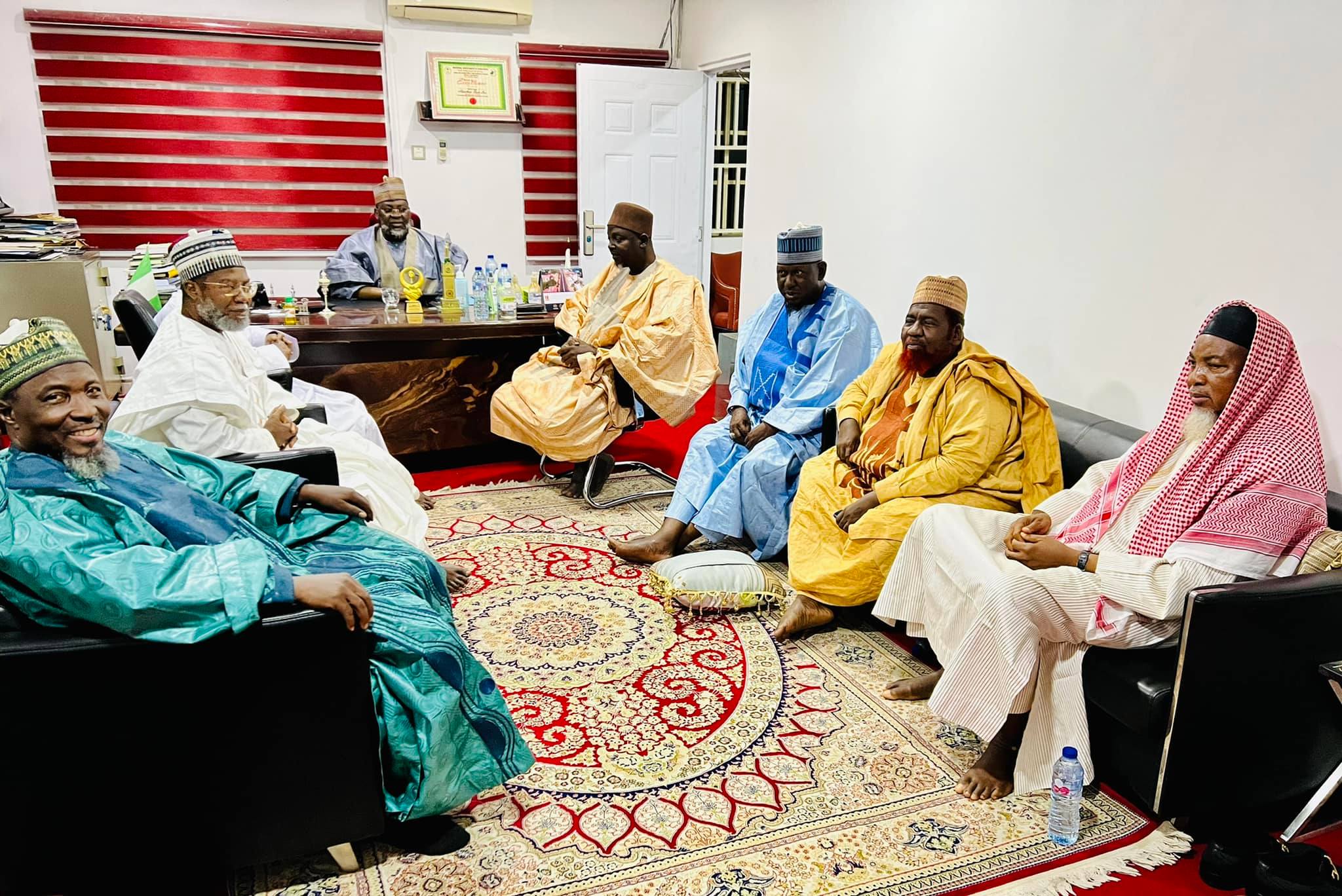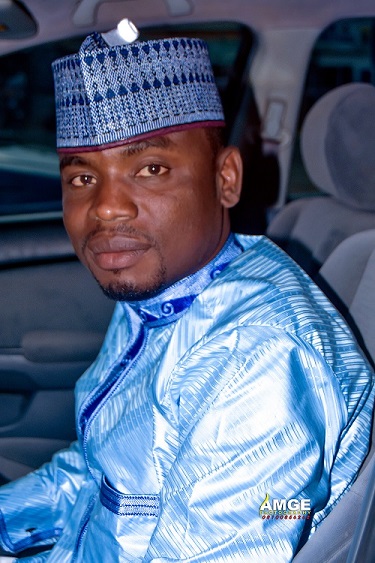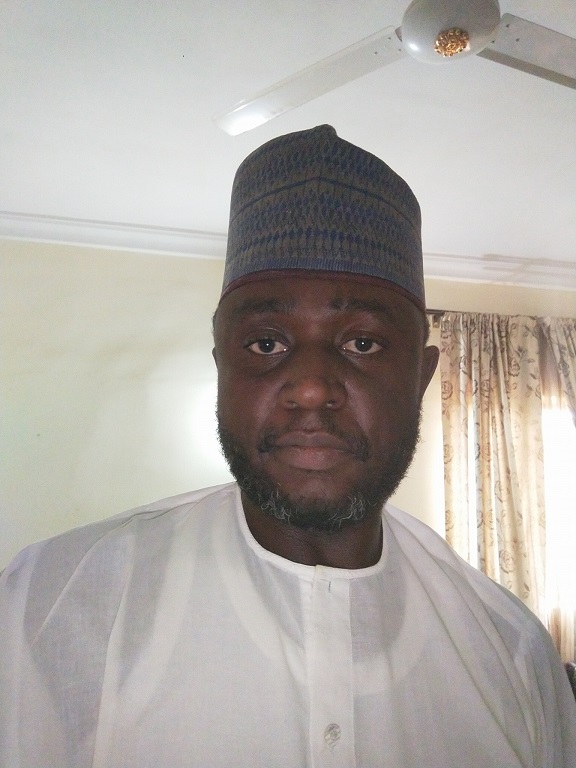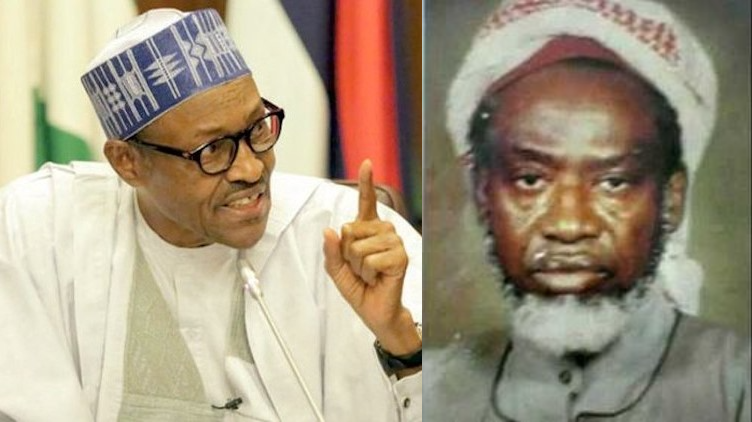Izalah first aid group member rewarded for returning lost bag containing over N100 million
By Sabiu Abdullahi Salihu AbdulHadi Kankia, a member of the First Aid Group of Jama’atu Izalatil Bid’ah Wa Iqamatus Sunnah (JIBWIS), has been praised and rewarded for his noble act…
